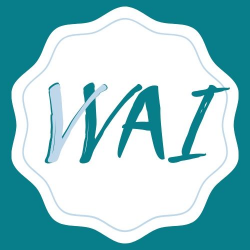Technologies to empower human collectives in smart grids

Value Alignment
As autonomous systems pervade our societies, it is key to guarantee that artificial agents and decision-making systems act value-aligned, that is, in alignment with human values. Moreover, when ethical reasoning involves not a single moral value, but multiple moral values, we need to consider a so-called value system, that is, a set of moral values shared by members of a society that comes along with the preferences among them.
Decidim Intel·ligent
Decidim is a technopolitical project providing a digital citizen-participation platform meant to open new spaces for collaboration, deliberation, and direct democracy.
Improving decision-making is key for the transition from representative democracy to participatory democracy. The project “Decidim Intel·ligent” explores how Artificial Intelligence techniques can enhance participatory decision-making. In particular, it focuses on optimizing participatory budgeting processes as well as to enrich informed deliberation.
Crowd4SDG
Crowd4SDG is a three-year Horizon 2020 Research and Innovation Action supported by the European Commission’s Science with and for Society (Swafs) programme.
Through an innovation cycle called GEAR (Gather, Evaluate, Accelerate, Refine), the transdisciplinary Crowd4SDG consortium of six partners will promote the development of citizen science projects aimed at tackling the SDG’s, with a focus on climate action.
Its goal is to assess the usefulness of practical innovations developed by the teams and to research how Al applications can enhance and provide effective monitoring of SDG targets and indicators by citizens.
Read MoreCI-SUSTAIN
After several years working on AI for social good, our group has identified specific computational challenges, both in optimization and machine learning, that arise in application areas related to Agenda 2030 goals. We aim to address these challenges by advancing the state of the art in algorithmic aspects. This will be necessary because the optimization problems that arise in these application areas are large-scale problems that often cannot be solved with currently available heuristic and exact approaches.
The aim of the project is to demonstrate that the computational advances achieved allow for improvements with respect to the state of the art in application areas that are aligned with some SDGs of the UN 2030 Agenda for Sustainable Development.
Read More